My first election observation mission could have been former President Jimmy Carter's last.
We were in Guyana. It was 1992, about a year after I'd been hired to work in the Carter Center's Latin American and Caribbean Program. I spent election day observing in remote outposts, while Carter made a brief trip to observe in Amerindian villages near the Venezuelan border before returning to the capital of Georgetown. That evening, riots broke out.
Ignoring the advice of security, he made his way to the election commission, which was under attack from supporters of the ruling party who hoped to disrupt the vote count because they knew their candidate was losing. As hundreds of rioters stood outside throwing stones and clubs at the two-story wooden building, Carter got on the phone with the Guyanese president and demanded he send security forces to restore order so that the election could continue. The president complied. The ruling party went on to lose, and Guyana got its first truly democratic election since winning its independence in 1966.
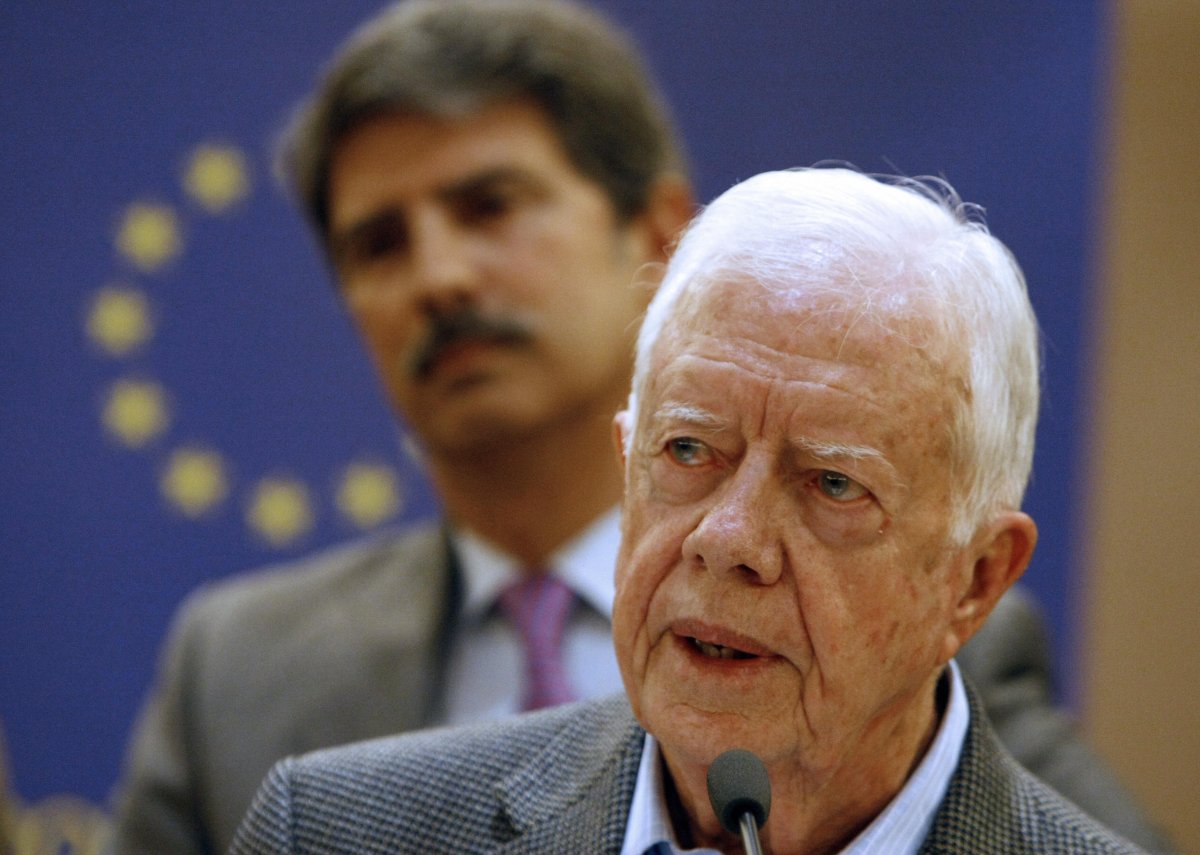
Later, Carter admitted that not since his days as president had he felt himself in so much danger.
But that didn't stop him from doing what he thought was right. Danger or discomfort never did. He continued to observe elections into his late 80s. And when, at age 90, illness forced him to fly home in the middle of a mission—that one, too, in Guyana—he did so with the greatest reluctance.
In the 25-plus missions that Carter and I worked on together, he was always up before dawn to view the opening of the polls and out long after dark to watch ballot counting. He worked in the heat, in the mud, in the rain. He moved fast, priding himself on visiting more polling stations than anyone else. He was demanding, but never asked anything of others that he didn't do himself.
I learned quickly that Jimmy Carter was driven by an unshakeable faith in democracy as a tool for creating peaceful societies in which people treated each other with respect. Even in places where that seemed impossible, he had a vision of what could be.
Part of his faith in the democratic process—and belief in the importance of election observers—came from his personal experience. In 1962, Carter ran for a seat in the Georgia Senate and lost when a party boss stuffed a ballot box in favor of Carter's opponent. Carter appealed—showing that even some dead persons had "voted" in the election—and won. Eight years later he was governor, and six years after that, president.
As an election observer, he often used his past experiences to his advantage, and his diplomatic skills were always on display.
Carter talked ruling parties into allowing observation by playing to their vanity, suggesting that surely there was no way they could lose. He persuaded disadvantaged opposition candidates to participate by saying that they could win in a fair election and promising that if Carter Center observers saw fraud, he would say so—loudly. It was especially important to him that losers recognize and accept defeat. He urged candidates to do so gracefully, reminding them that he had survived a devastating election loss and gone on to do important work.
When sticking points arose, he sometimes shuttled back and forth between sides to find a compromise.
During the Palestine elections of 2005, for example, problems emerged in East Jerusalem when the vast majority of voters discovered that their names were not on the voter lists at the post offices where they were assigned to vote. Carter quickly intervened with Israeli authorities to work out a solution that allowed Palestinians with appropriate ID cards to cast their ballots, even if their names weren't on the lists, averting wider problems that could have marred the process.
Jimmy Carter didn't invent election observation, but he did help pioneer it. In the early days, observers typically arrived just a few days before an election. Most of our work took place on election day itself, and we assessed whether the election was genuinely free and fair based largely on what we saw that day. Over time, we began to expand our focus, noting that election processes were complex and multifaceted. And that was in part because of Carter.
He helped us see elections through the prism of human rights. Everyone is entitled to fundamental human rights, such as freedom of assembly and freedom of expression. Those rights often are infringed upon long before election day. Governments sometimes try to silence opposition candidates or restrict their gatherings and rallies; ruling parties sometimes create laws specifically designed to deny popular opposition leaders the right to run for office.
Because Carter wanted his organization to be the gold standard for election observation, the Carter Center and a few other organizations began to focus on elections as long-term processes and to assess key parts of the electoral process based on international human rights standards. Our observation missions routinely involve sending observers to countries months before election day to analyze election laws, assess voter registration, and evaluate fairness in campaigns.
The Center also helped draft a set of guidelines for professional election observation called The Declaration of Principles for International Observation, which has been endorsed by more than 50 organizations, and developed a comprehensive guide on election standards.
The Carter Center's election observation work will continue in his absence. Now more than ever, as democracy and human rights face growing threats around the world and in our own country, the work of independent election observers is critical.
Those of us who worked with President Carter saw firsthand his selflessness and fierce commitment to human rights and social justice. His unending drive spurred us to be better, to do more. He believed he had a responsibility to do everything in his power to make the world a better place. His legacy will live on in the work of his staff and in election observers worldwide.
David Carroll has headed the Carter Center's Democracy Program since 2003.
The views expressed in this article are the writer's own.

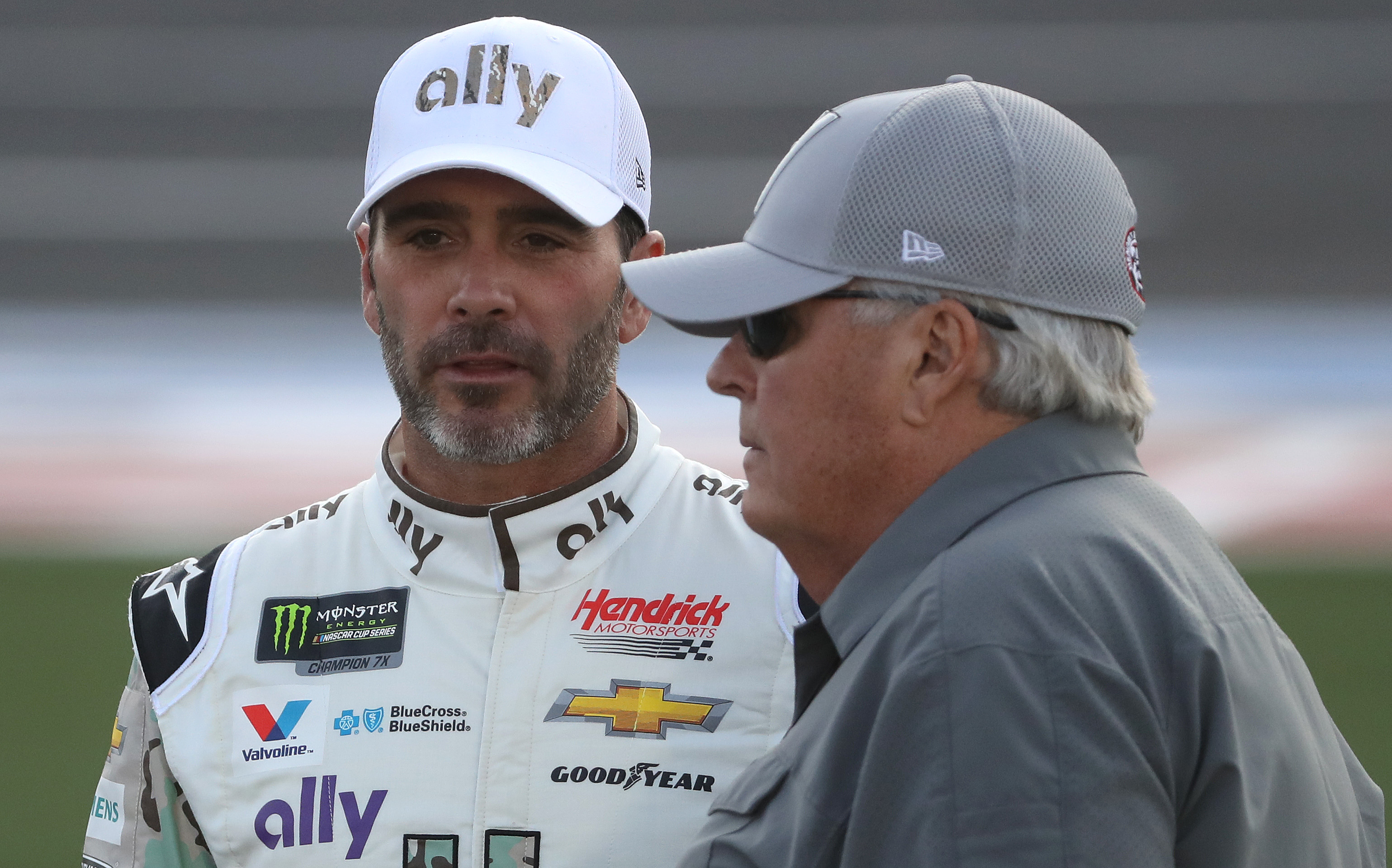
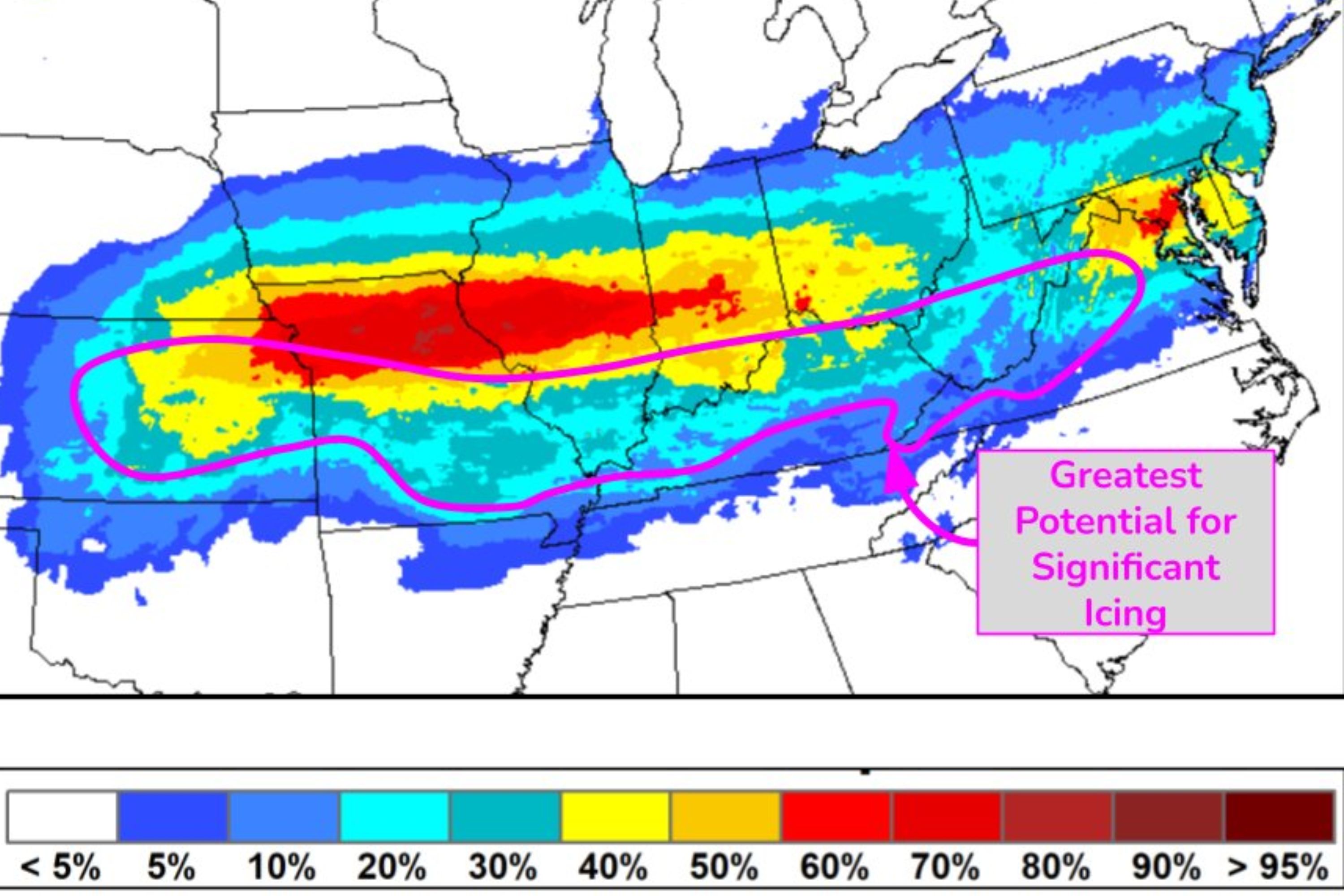

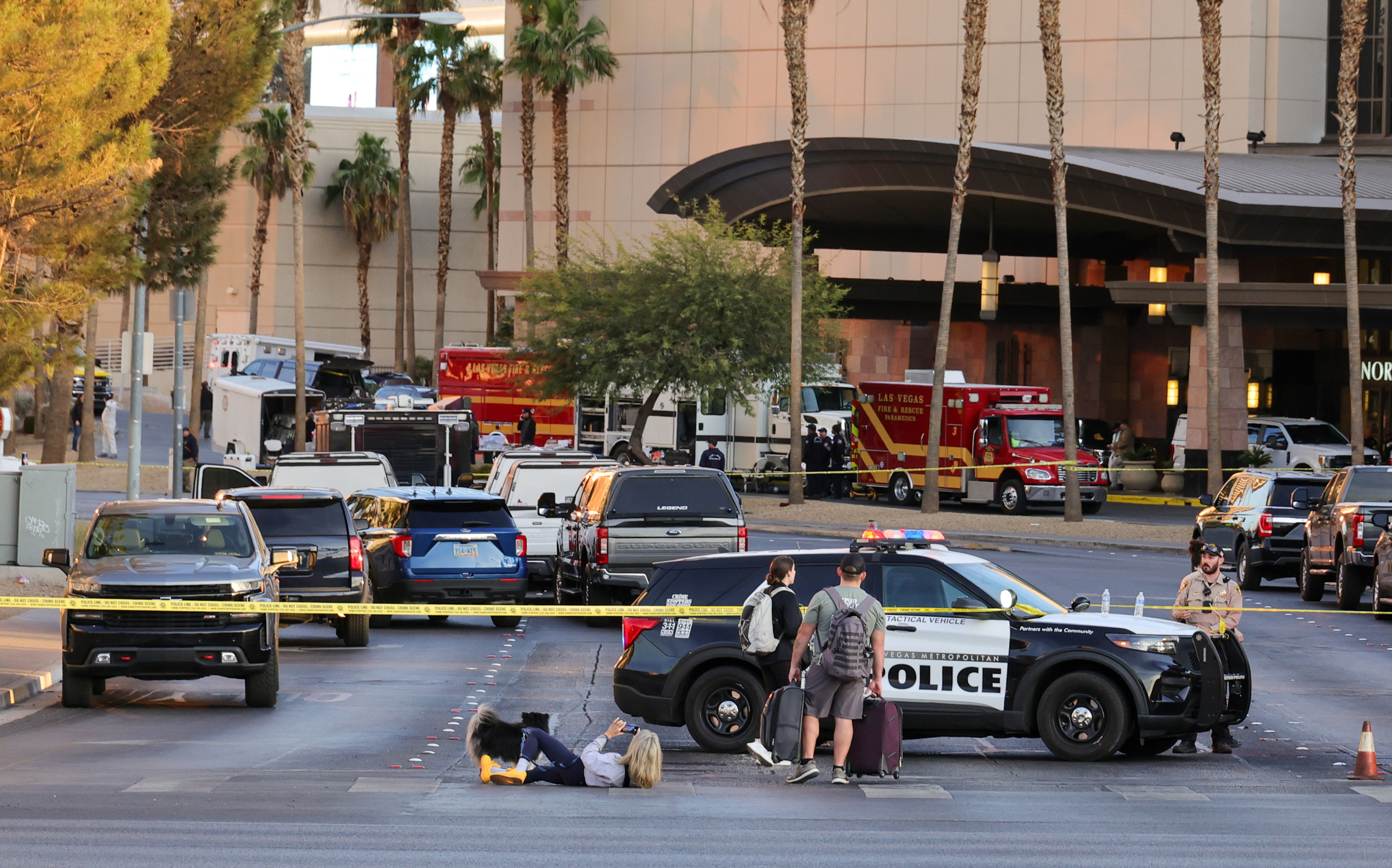
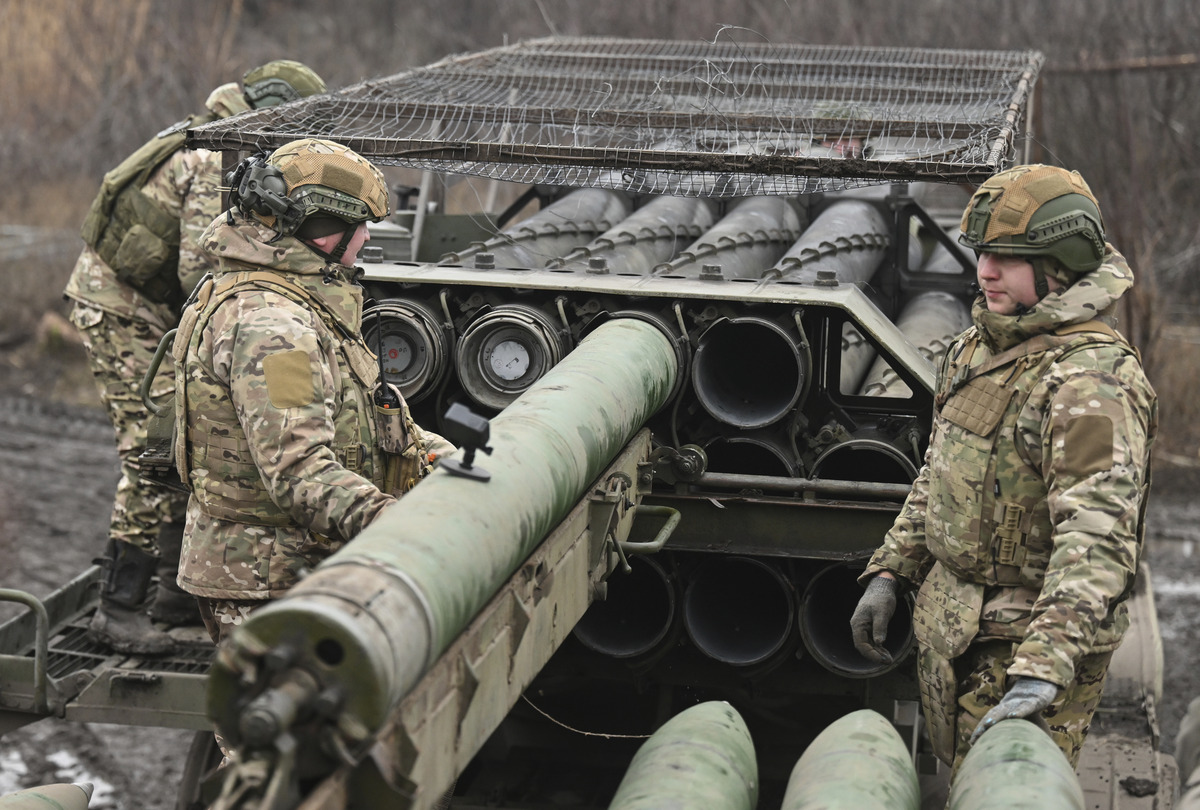

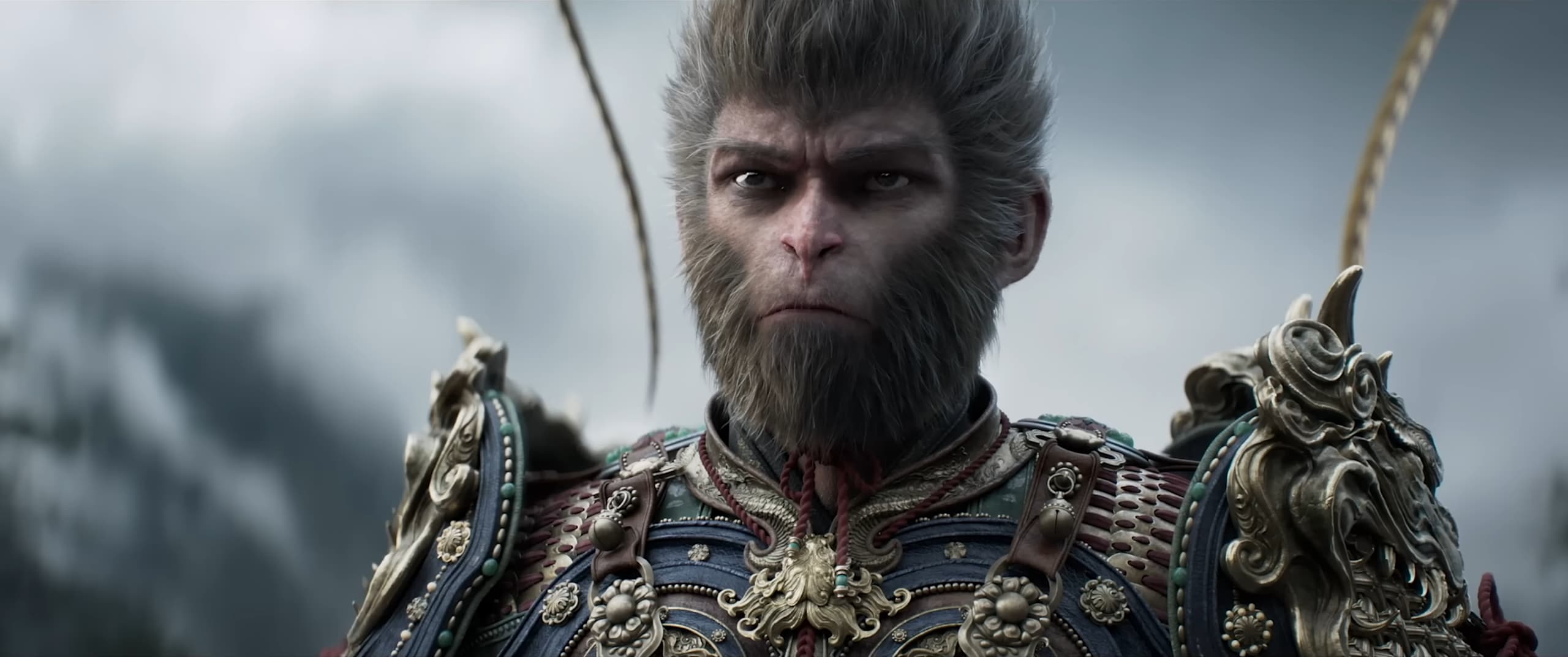
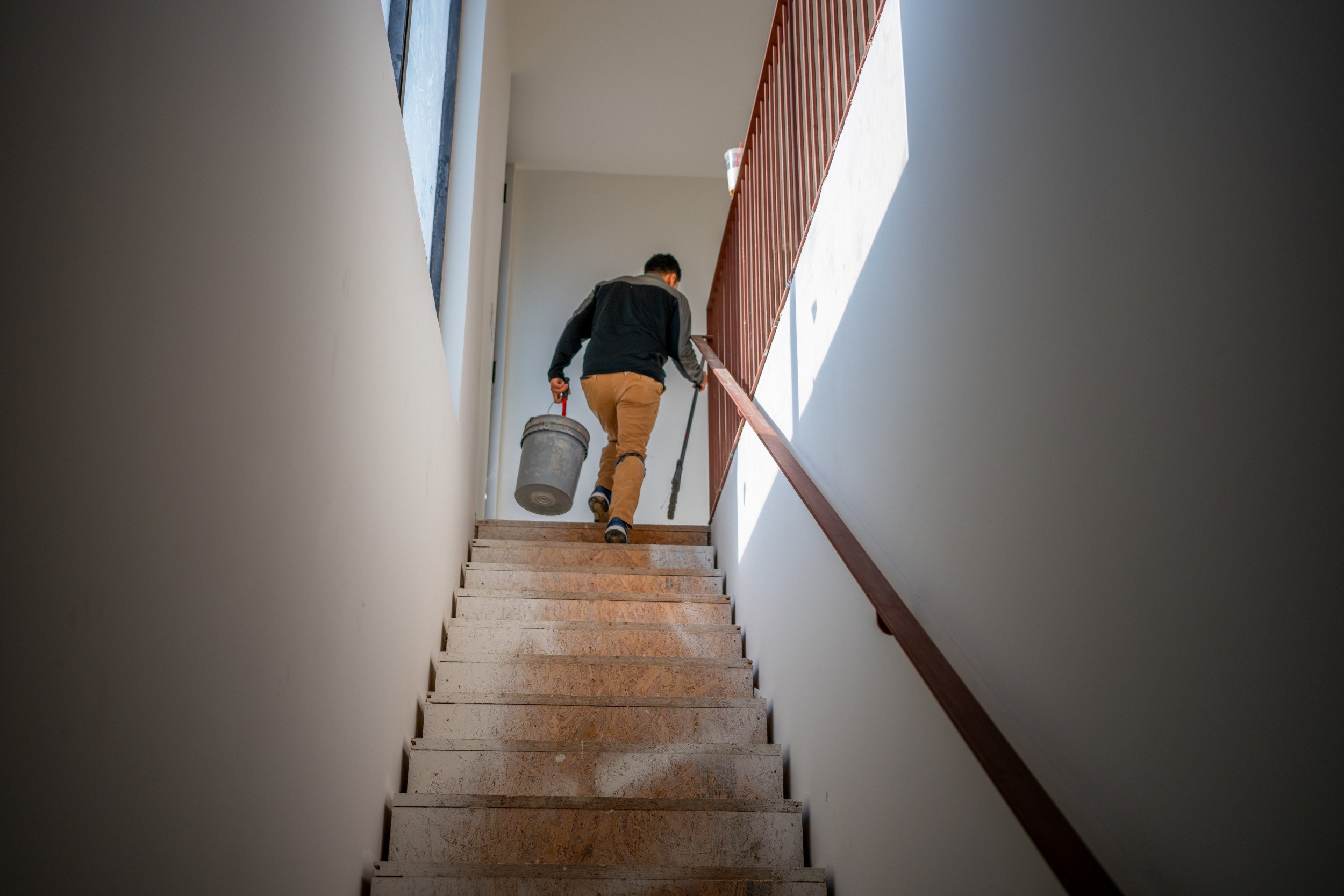


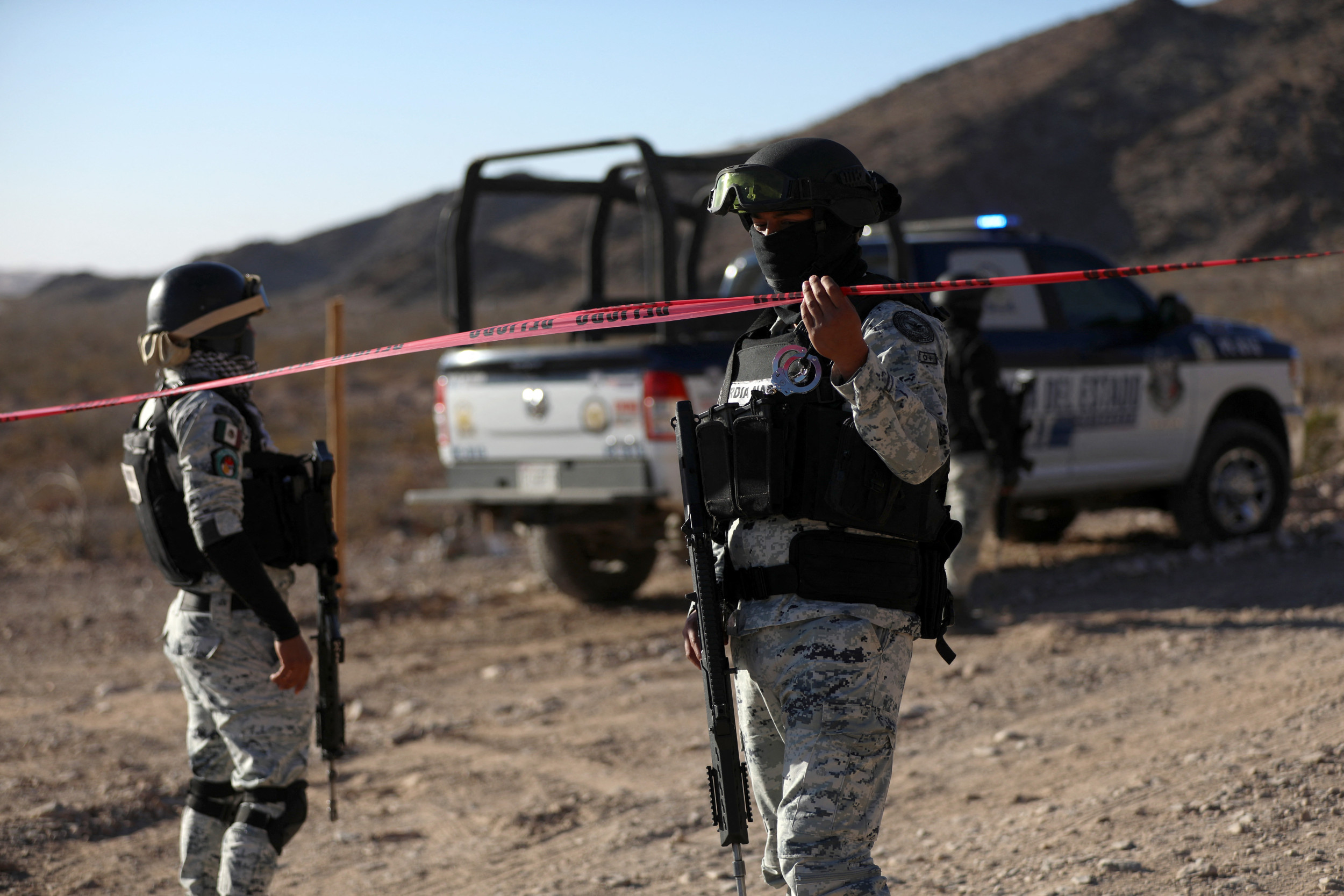






:quality(85):upscale()/2024/04/24/878/n/3019466/36c5693c662965c5d1ce91.72473705_.jpg)

 English (US) ·
English (US) ·